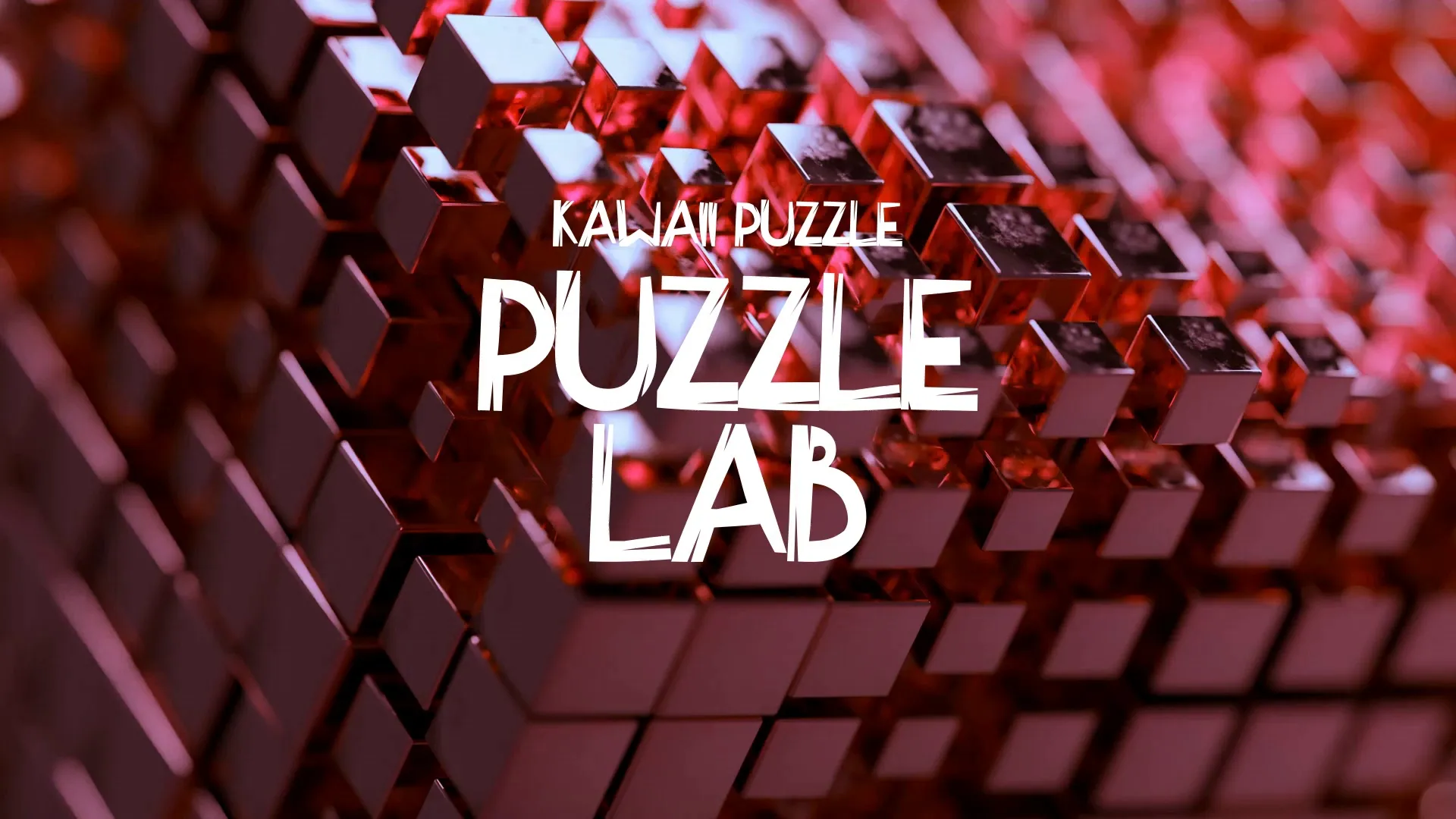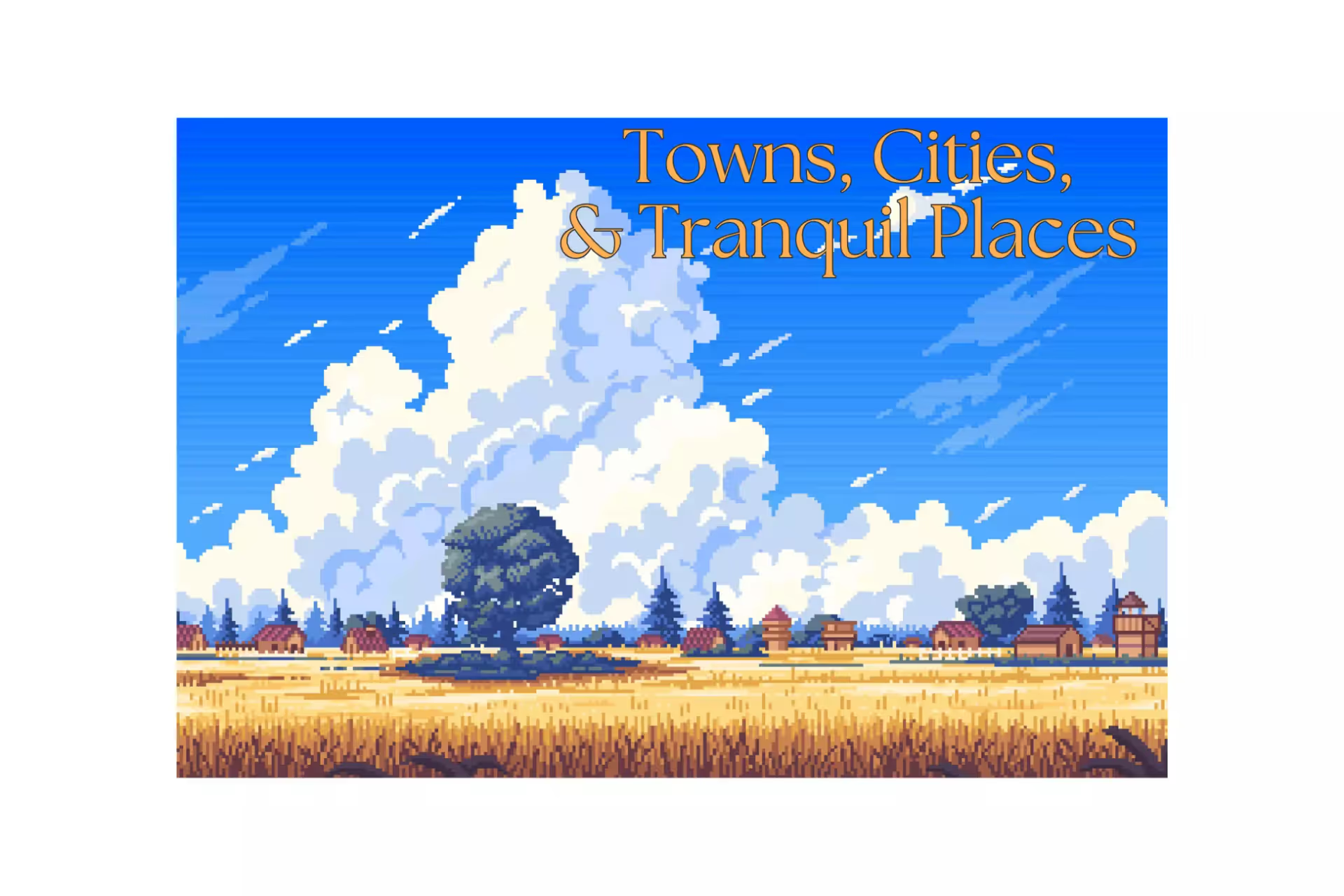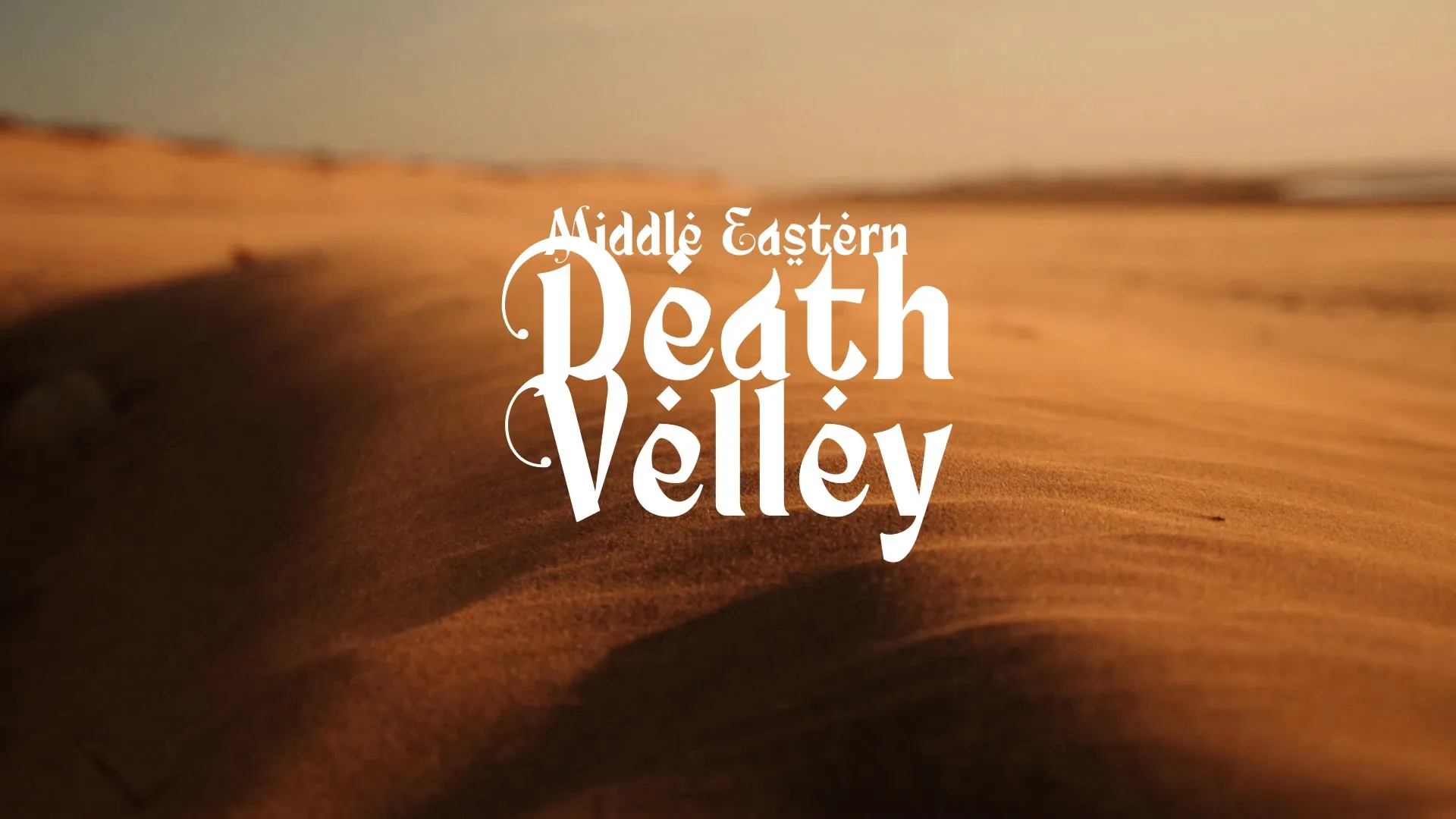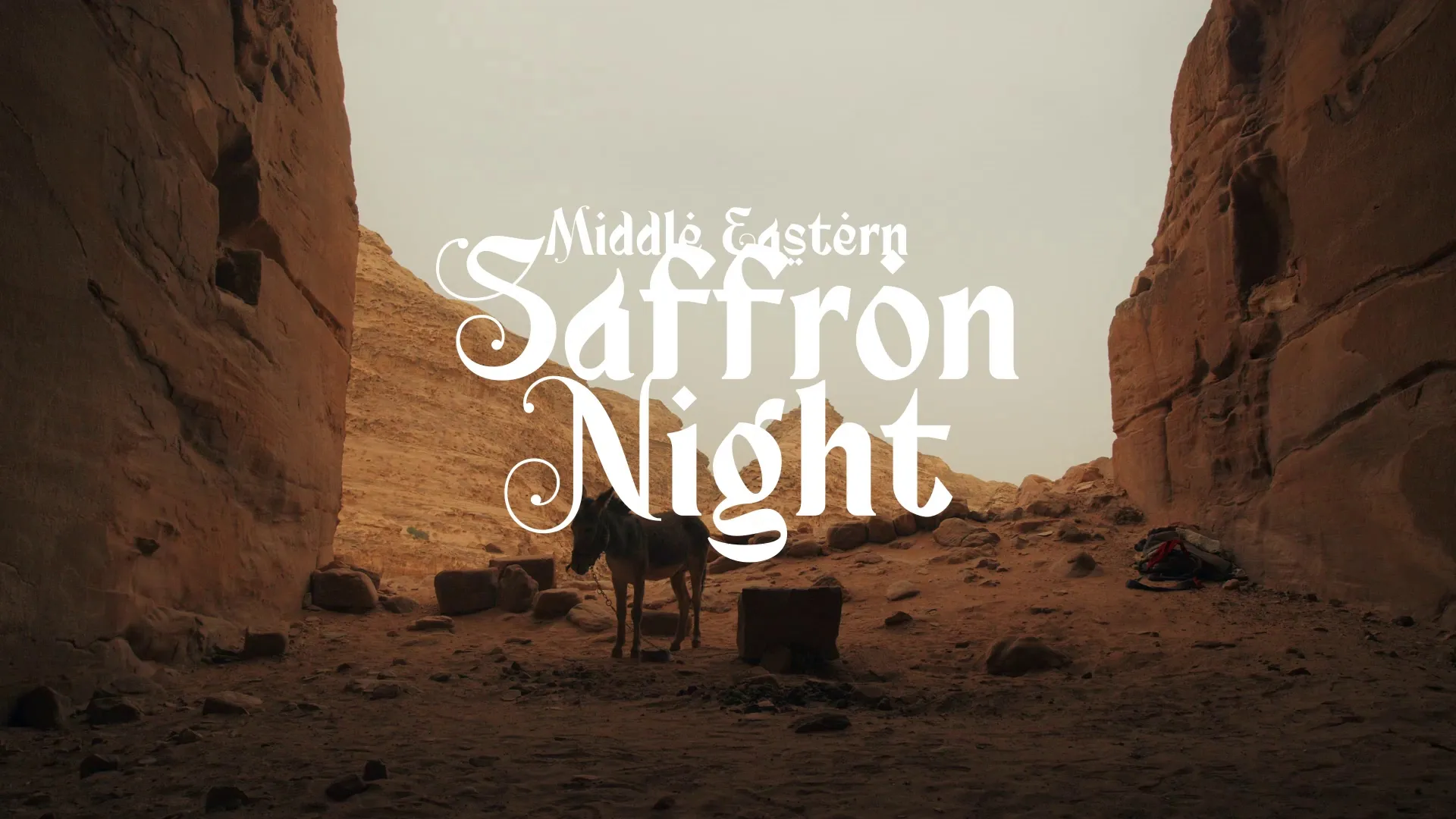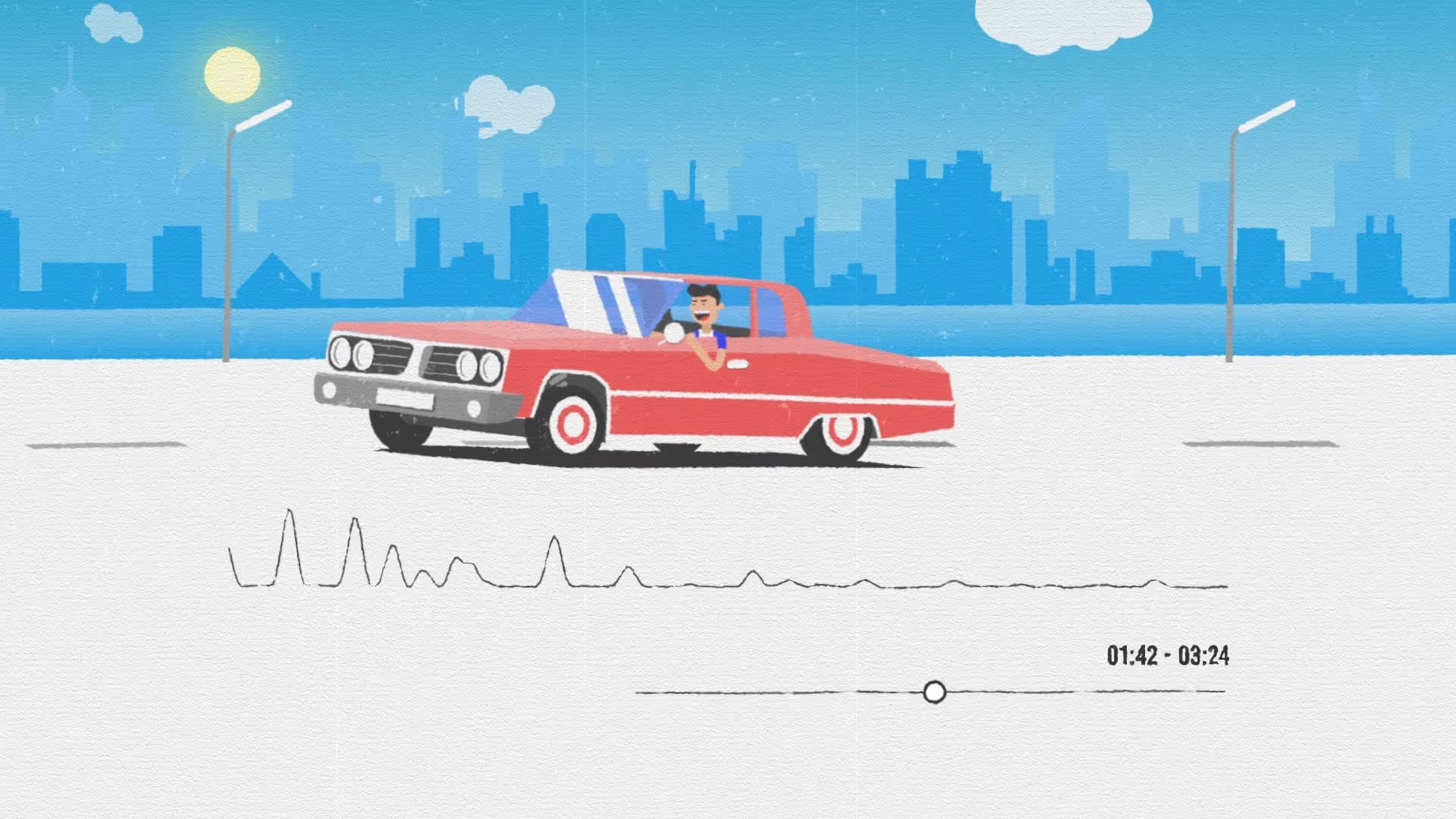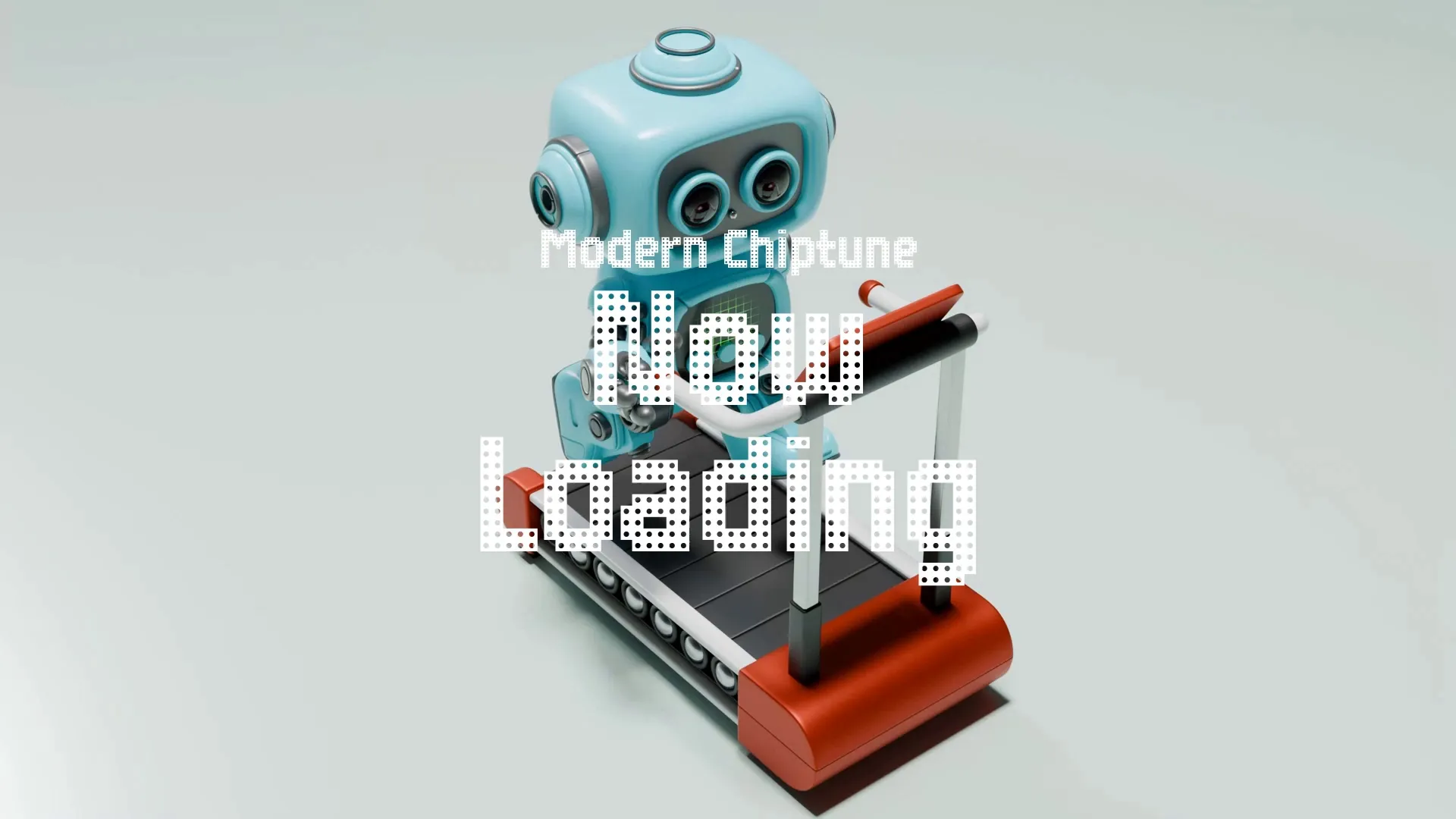Build Game Community Pre-Launch: Strategies for Early Player Engagement & Feedback
Building a robust game community before launch is not merely an optional extra; it is a critical investment in your game’s success. Early player engagement provides invaluable feedback, builds anticipation, and cultivates a loyal player base from day one. Ignoring this phase leaves potential sales and crucial development insights on the table.
Define Your Audience and Presence
Understand who your target players are and where they spend their time online. Are they on Discord, Reddit, specific forums, or niche social media platforms? Establishing your presence on these platforms is the first step to connecting with them.
Start sharing your development journey early and consistently. Regular devlogs, screenshots, and short video clips can capture interest and demonstrate progress. Platforms like Wayline’s Devpage allow you to showcase your work and centralize your community’s access to updates.
Implement Structured Feedback Mechanisms
Gathering player feedback effectively requires more than just listening; it requires a structured game development feedback strategy. Provide clear channels for players to submit suggestions, bug reports, and general impressions. Dedicated Discord channels, in-game forms, or specific forum sections can serve this purpose.
Utilize player feedback tools for game developers to organize and prioritize incoming data. These tools help you identify recurring themes and actionable insights, preventing overwhelming noise. Remember, not all feedback is equal, and your goal is to extract meaningful improvements.
Offer Exclusive Engagement Opportunities
Incentivize early engagement by offering exclusive content or early access opportunities. Closed alpha or beta tests create a sense of exclusivity and provide focused feedback from your most invested players. These testers become your game’s first evangelists, spreading positive word-of-mouth.
Regular Q&A sessions, developer streams, or polls about game features can also deepen community involvement. Make players feel like they are a part of the development process, fostering a stronger connection. This active participation translates into a more invested community at launch.
Pitfalls to Avoid in Pre-Launch Community Building
One common mistake is inconsistent communication. Sporadic updates can lead to a loss of interest and make your community feel neglected. Maintain a consistent schedule for sharing news, even if it is just a small progress update.
Another pitfall is ignoring negative feedback or becoming defensive. While not all feedback is constructive, dismissing it outright alienates your community. Address concerns professionally and explain your design decisions transparently.
Over-promising features you cannot deliver is a sure way to erode trust. Be realistic about your development capabilities and only announce features that are confirmed and feasible. Transparency builds credibility, while broken promises lead to disappointment.
Finally, avoid building a community without clear goals. Define what you hope to achieve with your pre-launch community, whether it is bug testing, feature validation, or pure hype generation. Without clear objectives, your efforts may lack direction and impact.
Sustain Momentum Through Development
Maintaining development momentum is crucial for keeping your pre-launch community engaged. Use tools like Momentum to organize tasks, track progress, and ensure consistent delivery of updates. This internal consistency translates into reliable external communication.
A consistently updated roadmap, even a high-level one, can keep players informed about what is next. Celebrate small victories with your community, from concept art reveals to successful playtests. This shared journey reinforces their investment in your game.
Create a free account, or log in.
Gain access to free articles, game development tools, and game assets.



